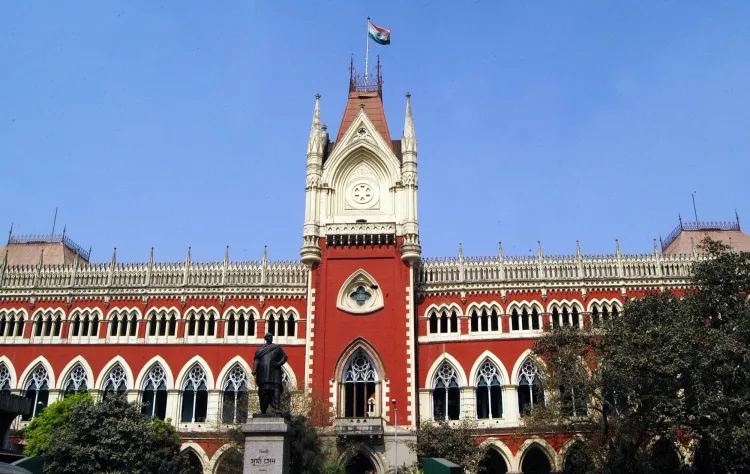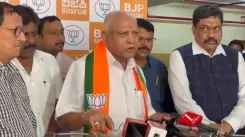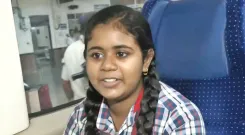Is the WBSSC Job Stipend Scheme for Non-Teaching Staff Facing Legal Challenges?

Synopsis
Key Takeaways
- Interim stay on stipend scheme creates uncertainty for non-teaching staff.
- State government must respond to the court within four weeks.
- Financial implications for the state budget due to halted payments.
- Legal challenges continue to affect state welfare initiatives.
- Political ramifications for the ruling party and its initiatives.
Kolkata, June 20 (NationPress) In a significant setback for the West Bengal government, a single-judge bench at the Calcutta High Court has imposed an interim stay that prevents the state from disbursing stipends under a scheme aimed at assisting non-teaching staff who lost their jobs following a Supreme Court ruling in April.
The temporary stay will remain in effect until September 26 or until further directives are issued by the court, as per the ruling by Justice Amrita Sinha.
Justice Sinha's decision came in response to a petition contesting the state government's plan to provide stipends to non-teaching staff in Group-C and Group-D categories, who were displaced due to the Supreme Court's earlier decisions this year.
On the same day, Justice Sinha instructed the state government to submit an affidavit regarding the matter within the next four weeks. Concurrently, she mandated the petitioners to file their affidavits within 15 days after the state’s submission.
Political analysts suggest that this interim stay represents a significant blow to the state government. Nonetheless, it may also create an opportunity for the ruling Trinamool Congress to assert that their initiative to provide financial support to job-displaced non-teaching staff has been hindered by legal intervention.
“Following this interim stay, the state government also gains temporary relief from the burden of expending a substantial amount from the state budget,” remarked a political analyst based in the city.
Last month, the West Bengal government announced a new scheme through the state Labour Department. Under the “West Bengal Livelihood and Special Security Interim Scheme,” job-displaced Group-C staff would receive a monthly stipend of Rs 25,000, while Group-D staff would be entitled to Rs 20,000 monthly.
When announcing the scheme, Chief Minister Mamata Banerjee noted that it was established to counteract the tendency of certain individuals and vested interests to file public interest litigations against the government’s decisions in the Calcutta High Court.
However, legal challenges were inevitable as multiple petitions were filed against the notification.
On April 3, the Supreme Court upheld a Calcutta High Court ruling that annulled 25,753 school appointments made through the WBSSC, stating that the panel had to be entirely dissolved due to the authorities' inability to differentiate between “tainted” and “untainted” candidates.
In response, the state government and the WBSSC have submitted review petitions to the Supreme Court, seeking to overturn the ruling.





